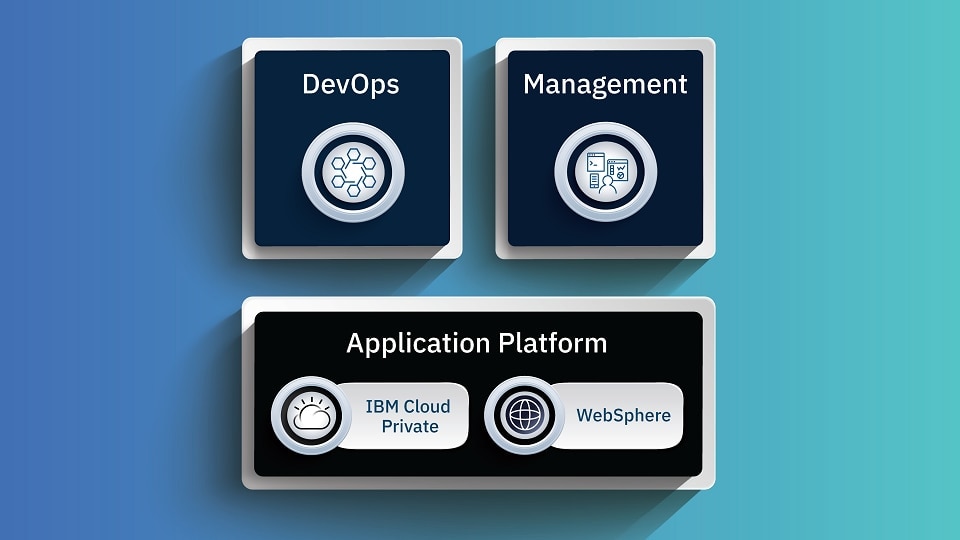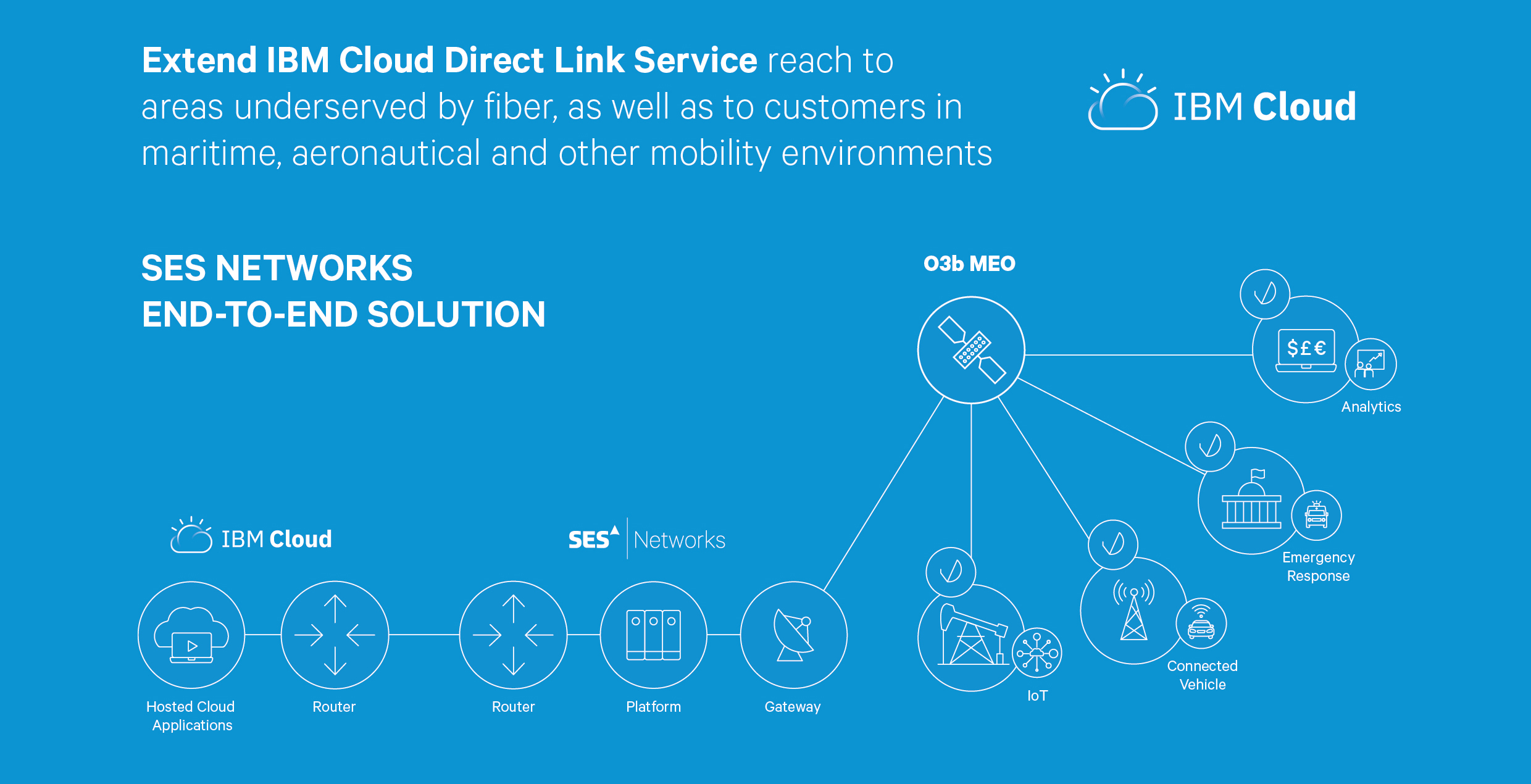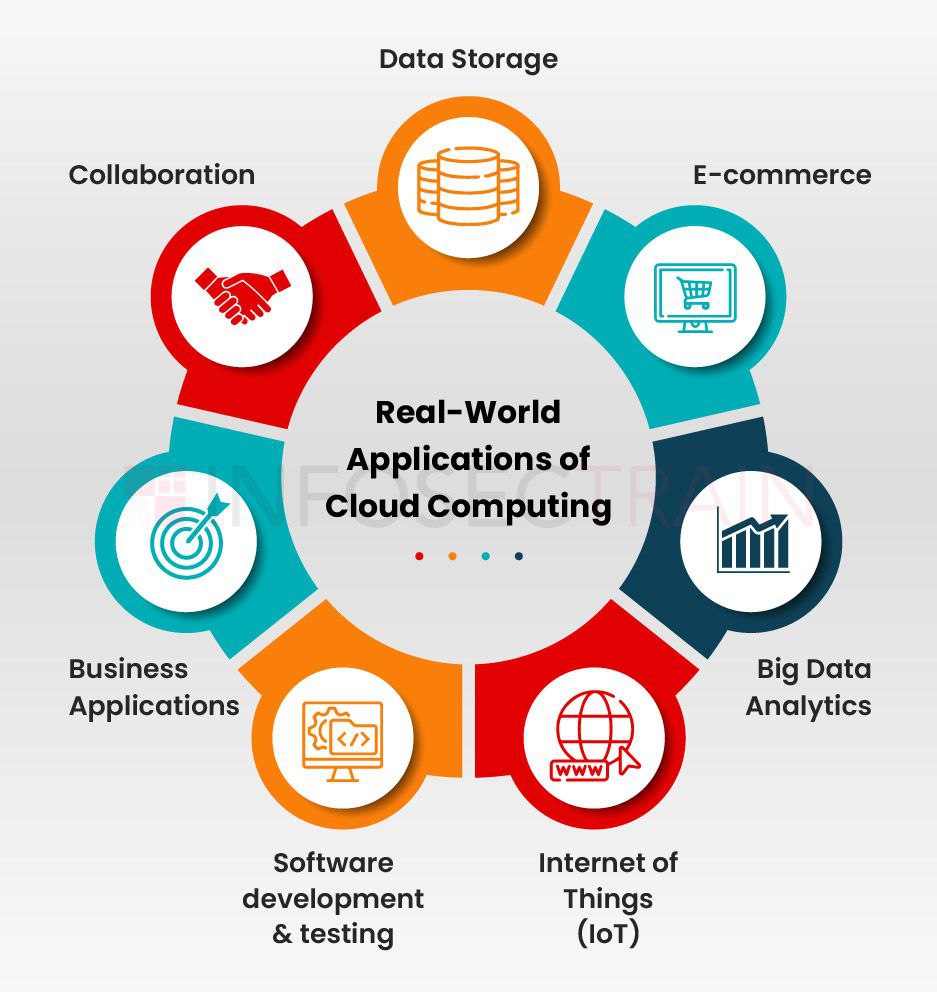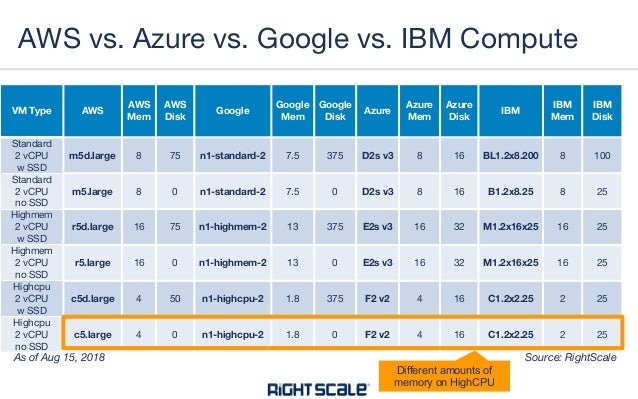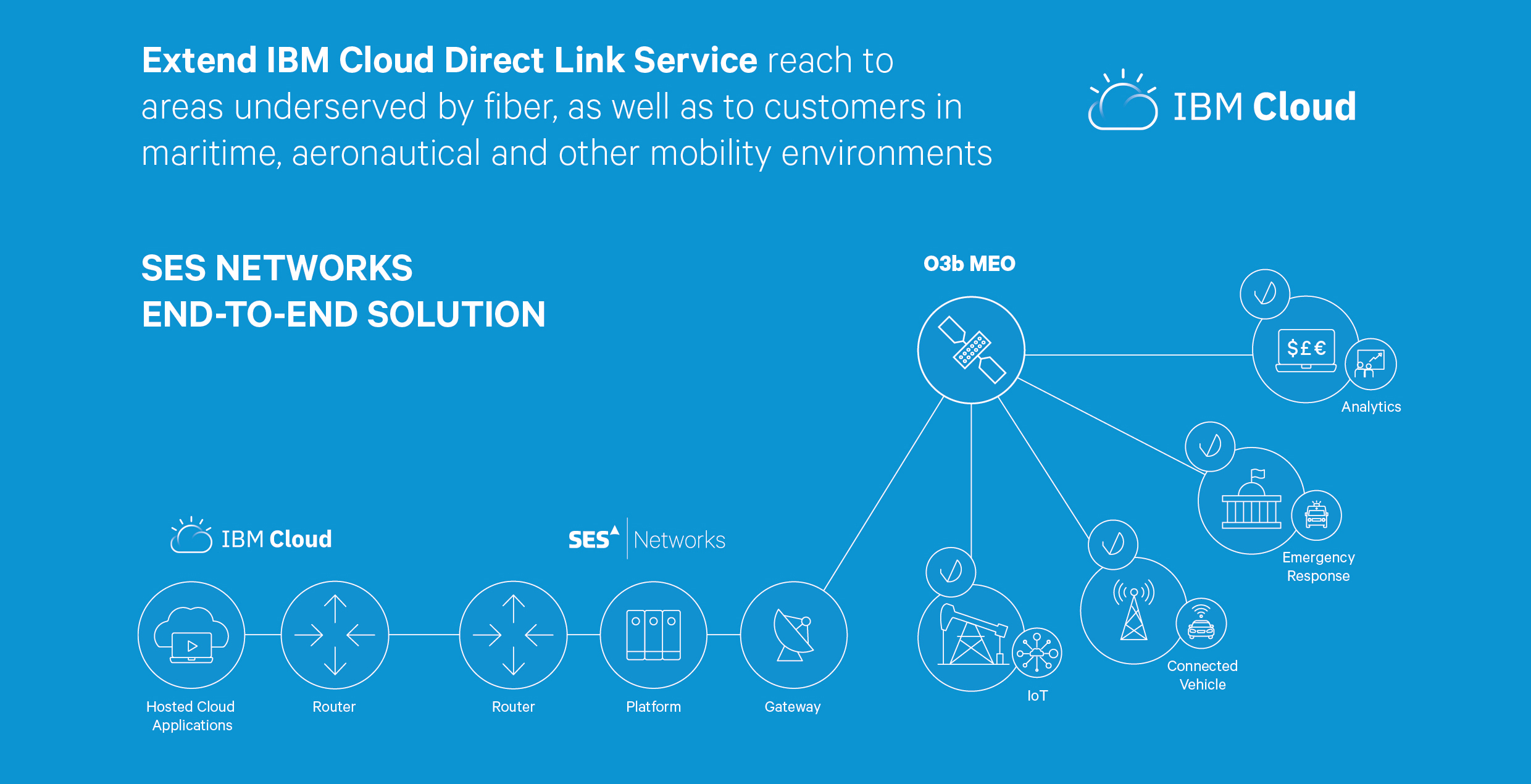An Overview of IBM Cloud Application Services
IBM Cloud Application Services is a comprehensive suite of cloud-based tools and solutions designed to help businesses and developers build, deploy, and manage applications with ease. These services offer a wide range of benefits, including improved scalability, enhanced security, and seamless integration with existing systems. By leveraging IBM Cloud App Services, organizations can streamline their development processes, reduce costs, and accelerate their time to market.
The IBM Cloud App Services portfolio includes various products, such as IBM Cloud Functions, IBM Cloud Kubernetes Service, and IBM Cloud Code Engine. These services enable developers to create serverless applications, manage containerized workloads, and develop cloud-native applications, respectively. By providing a flexible and scalable platform, IBM Cloud App Services empowers businesses to focus on innovation and delivering value to their customers.
Key Features and Capabilities of IBM Cloud App Services
IBM Cloud Application Services offer a wide array of features and capabilities that cater to the diverse needs of businesses and developers. These services are designed to provide scalability, security, and seamless integration options, ensuring that organizations can build, deploy, and manage applications efficiently.
Scalability is a critical aspect of IBM Cloud App Services, enabling businesses to handle increasing workloads and user traffic with ease. By automatically scaling resources up or down, organizations can maintain optimal performance levels while minimizing costs. This elasticity is particularly beneficial for businesses with fluctuating demand patterns or those experiencing rapid growth.
Security is another essential feature of IBM Cloud App Services, with robust security measures in place to protect applications and data. IBM Cloud App Services provide built-in encryption, identity and access management, and threat detection capabilities, ensuring that businesses can meet their compliance requirements and safeguard their digital assets.
Integration options are abundant in IBM Cloud App Services, allowing businesses to connect their applications with various third-party tools and services. This flexibility ensures that organizations can create a cohesive and interconnected technology ecosystem, streamlining their processes and enhancing their overall efficiency.
In summary, IBM Cloud Application Services offer a powerful and versatile platform for businesses and developers to build, deploy, and manage applications. By focusing on scalability, security, and integration, these services empower organizations to innovate, reduce costs, and accelerate their time to market.
How to Leverage IBM Cloud App Services for Your Business
To harness the power of IBM Cloud Application Services, businesses must first understand the process of setting up, configuring, and managing these services. This step-by-step guide outlines the essential steps to help you get started.
-
Create an IBM Cloud account: To access IBM Cloud App Services, sign up for a free IBM Cloud account at https://cloud.ibm.com/registration. This account provides access to various IBM Cloud services, including AI, data, and security offerings.
-
Select a service: From the IBM Cloud catalog, choose the appropriate IBM Cloud App Service for your business needs. Popular options include IBM Cloud Functions, IBM Cloud Kubernetes Service, and IBM Cloud Code Engine. Each service offers unique features and capabilities, so it’s essential to select the one that best aligns with your project requirements.
-
Create a new instance: After selecting a service, create a new instance within your IBM Cloud account. This process typically involves specifying a name, region, and resource plan for your instance. Ensure that you allocate sufficient resources to support your application’s requirements.
-
Configure the service: Once the instance is created, configure the service settings according to your project requirements. This step may involve defining triggers, setting up routes, or configuring container images, depending on the chosen service.
-
Integrate with other services: IBM Cloud App Services offer seamless integration with various third-party tools and services. Leverage these integration options to enhance your application’s functionality and streamline your development processes.
-
Monitor and manage the service: IBM Cloud App Services provide built-in monitoring and management tools to help you track your application’s performance and resource utilization. Utilize these tools to ensure optimal performance and address any issues that may arise.
By following these steps, businesses can effectively leverage IBM Cloud Application Services to build, deploy, and manage applications with ease. These services offer a powerful and versatile platform for organizations to innovate, reduce costs, and accelerate their time to market.
Real-World Applications of IBM Cloud Application Services
IBM Cloud Application Services have been successfully implemented in various industries, enabling businesses to improve their operations, increase efficiency, and reduce costs. This section highlights some real-world applications of these services, demonstrating their versatility and effectiveness.
Streamlining Supply Chain Management
A leading global logistics company utilized IBM Cloud App Services to streamline its supply chain management processes. By implementing serverless functions and containerized workloads, the company improved its order fulfillment times, reduced manual intervention, and enhanced its overall operational efficiency.
Developing Smart City Solutions
A major city government leveraged IBM Cloud App Services to develop a suite of smart city solutions, including traffic management systems, public safety applications, and energy-efficient infrastructure. By integrating various IoT devices and data sources, the city improved its service delivery, enhanced public safety, and promoted sustainable urban development.
Transforming Healthcare Services
A healthcare provider implemented IBM Cloud App Services to modernize its patient management and electronic health record systems. By utilizing cloud-native applications and microservices architecture, the provider improved its data security, streamlined its workflows, and delivered better patient care.
Optimizing Financial Services
A financial institution adopted IBM Cloud App Services to optimize its risk management and compliance processes. By leveraging AI and machine learning capabilities, the institution enhanced its fraud detection, automated its regulatory reporting, and reduced its operational risks.
These examples illustrate the transformative potential of IBM Cloud Application Services in various industries. By providing a scalable, secure, and integrated platform, these services empower businesses to innovate, reduce costs, and accelerate their time to market.
Comparing IBM Cloud Application Services with Competitors
When considering cloud application services, businesses often compare various platforms to determine the best fit for their needs. This section compares IBM Cloud Application Services with competitors, focusing on aspects such as pricing, features, and performance.
IBM Cloud vs. Amazon Web Services (AWS)
Amazon Web Services (AWS) is a well-established competitor in the cloud services market. While AWS offers a broader range of services, IBM Cloud Application Services excel in areas such as AI and machine learning capabilities, hybrid cloud integration, and dedicated enterprise support. Pricing for both platforms is competitive, with IBM Cloud providing flexible pricing options tailored to specific workload requirements.
IBM Cloud vs. Microsoft Azure
Microsoft Azure is another popular cloud services platform, particularly among businesses using Microsoft products. IBM Cloud Application Services offer superior AI and machine learning capabilities, making them an attractive option for data-intensive applications. Azure, on the other hand, provides seamless integration with Microsoft products, such as Office 365 and Dynamics 365. Pricing for both platforms is comparable, with IBM Cloud offering more flexible resource allocation options.
IBM Cloud vs. Google Cloud Platform (GCP)
Google Cloud Platform (GCP) is known for its strong infrastructure and containerization offerings. IBM Cloud Application Services provide better AI and machine learning capabilities, as well as extensive hybrid cloud integration options. Pricing for both platforms is similar, with IBM Cloud offering more tailored resource allocation options and GCP providing more straightforward pricing structures.
In summary, IBM Cloud Application Services offer competitive pricing, robust features, and strong performance, making them a formidable competitor in the cloud services market. By carefully considering your business needs and comparing the offerings of each platform, you can make an informed decision on which cloud services provider best suits your requirements.
Expert Reviews and Testimonials on IBM Cloud Application Services
Understanding the experiences and opinions of industry experts and analysts can provide valuable insights when evaluating IBM Cloud Application Services. This section compiles expert reviews and testimonials, highlighting their thoughts on the platform’s strengths and weaknesses.
Strengths of IBM Cloud Application Services
Industry experts consistently praise IBM Cloud Application Services for their robust AI and machine learning capabilities, superior security features, and seamless integration options. The platform’s scalability and flexibility have also been highlighted as significant advantages, enabling businesses to adapt to changing workload requirements with ease.
Weaknesses and Areas for Improvement
While IBM Cloud Application Services offer numerous benefits, some experts have noted areas for improvement. These include a steeper learning curve compared to competitors and a more complex pricing structure. However, many experts agree that these challenges can be mitigated with proper training and careful resource allocation.
Expert Opinions and Testimonials
“IBM Cloud Application Services offer unparalleled AI and machine learning capabilities, making them an ideal choice for data-intensive applications,” says Jane Smith, Senior Analyst at TechFirm. “The platform’s security features and integration options further solidify its position as a top contender in the cloud services market.”
“Although IBM Cloud App Services may have a steeper learning curve than some competitors, the flexibility and scalability they offer make them a worthwhile investment,” adds John Doe, CTO at InnovativeCorp. “With proper training and resource management, businesses can harness the power of IBM Cloud App Services to drive innovation and growth.”
In summary, expert reviews and testimonials highlight IBM Cloud Application Services’ strengths in AI, machine learning, security, and integration. While some challenges exist, such as a steeper learning curve and complex pricing, businesses can overcome these issues with proper training and strategic resource allocation.
Addressing Common Challenges with IBM Cloud Application Services
While IBM Cloud Application Services offer numerous benefits, users may face common challenges during implementation and management. This section discusses these challenges and provides solutions and best practices to overcome them.
Challenge 1: Steeper Learning Curve
IBM Cloud App Services may have a steeper learning curve compared to some competitors due to their extensive features and capabilities. To address this challenge, businesses can invest in proper training and documentation for their development teams. IBM provides comprehensive resources, including tutorials, documentation, and support forums, to help users get started and overcome any learning obstacles.
Challenge 2: Complex Pricing Structure
IBM Cloud App Services’ pricing structure can be complex, making it difficult for businesses to estimate and manage costs. To overcome this challenge, users should carefully review IBM Cloud’s pricing documentation and utilize cost estimation tools to calculate their expected expenses. Regularly monitoring and optimizing resource allocation can also help businesses control their cloud spending.
Challenge 3: Ensuring Data Security
Data security is a critical concern for businesses using cloud services. To address this challenge, IBM Cloud App Services provide robust security features, including encryption, identity and access management, and threat detection. Users should ensure they properly configure these security settings and follow best practices to protect their data and applications.
Challenge 4: Integrating with Existing Systems
Integrating IBM Cloud App Services with existing on-premises or cloud-based systems can be challenging. However, IBM Cloud offers various integration options, such as IBM Cloud Hybrid Data Management, to help businesses seamlessly connect their disparate systems. Proper planning and testing are essential to ensure a smooth integration process.
In summary, addressing common challenges with IBM Cloud Application Services, such as the learning curve, complex pricing, data security, and integration, requires proper training, careful planning, and strategic resource management. By following best practices and leveraging IBM’s extensive resources, businesses can successfully implement and manage IBM Cloud App Services to drive innovation and growth.
The Future of IBM Cloud Application Services: Trends and Predictions
As businesses increasingly rely on cloud services to drive innovation and growth, IBM Cloud Application Services continue to evolve and adapt to emerging trends. This section explores the future of IBM Cloud App Services, discussing trends and making predictions about the platform’s growth and development.
Trend 1: Hybrid Cloud Integration
Hybrid cloud environments, which combine on-premises and cloud-based systems, are becoming increasingly popular. IBM Cloud App Services are well-positioned to support this trend, offering robust hybrid cloud integration options. As businesses continue to adopt hybrid cloud strategies, IBM Cloud App Services will likely see increased demand and growth in this area.
Trend 2: AI and Machine Learning
AI and machine learning technologies are transforming various industries, and IBM Cloud App Services offer powerful capabilities in these areas. As AI and machine learning continue to mature, IBM Cloud App Services will likely expand their offerings, providing businesses with even more advanced tools and features to drive innovation and growth.
Trend 3: Edge Computing
Edge computing, which involves processing data closer to the source, is becoming increasingly important as IoT devices and other data-intensive technologies proliferate. IBM Cloud App Services have already started to explore edge computing through partnerships and acquisitions. As this trend continues to grow, IBM Cloud App Services will likely invest further in edge computing capabilities.
Predictions for IBM Cloud App Services
Industry experts and analysts predict that IBM Cloud App Services will continue to grow and evolve, focusing on enhancing their AI, machine learning, and hybrid cloud integration capabilities. Additionally, they expect IBM to invest in emerging technologies, such as blockchain and quantum computing, to further differentiate their cloud services offering.
In summary, the future of IBM Cloud Application Services looks promising, with trends such as hybrid cloud integration, AI, and machine learning driving growth and development. By staying ahead of these trends and investing in emerging technologies, IBM Cloud App Services will likely continue to be a top choice for businesses seeking innovative and scalable cloud solutions.

